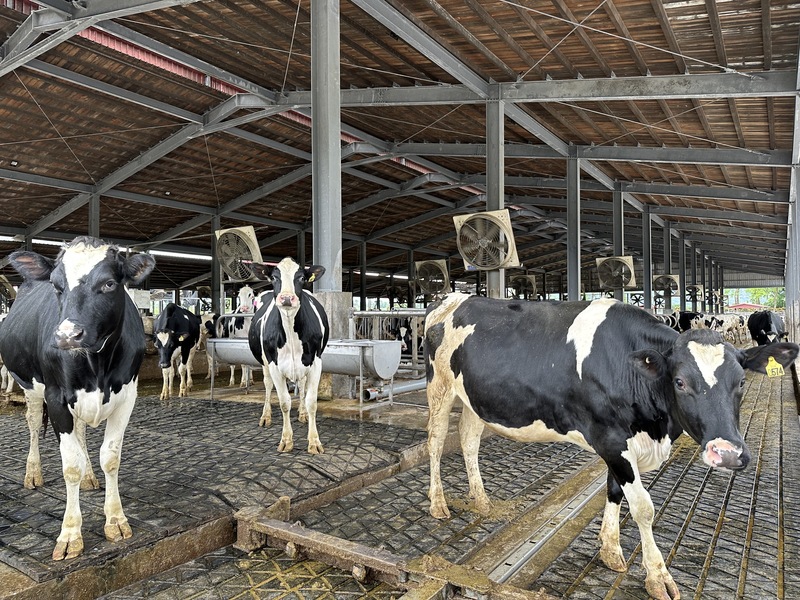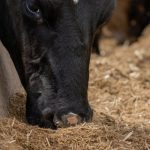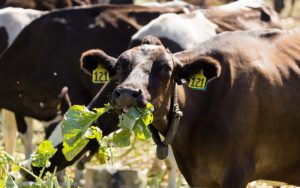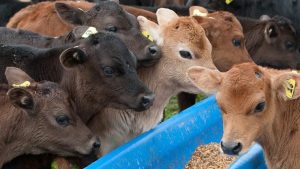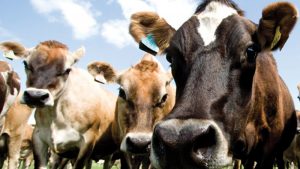
Farmers call for New Zealand milk to be given ‘extended shelf life’ label.
After the signing of the Taiwan-New Zealand Economic Cooperation Agreement (ANZTEC) in 2013, tariffs on New Zealand dairy products were gradually reduced, reaching zero in 2025.
To address the challenges posed by cheaper dairy imports, Taiwan’s Ministry of Agriculture (MOA) has provided subsidies to the domestic dairy industry to enhance production and sales. The MOA also surveyed farmers in key dairy-producing areas to identify ways to improve sustainability and resilience, according to CNA.
MOA Department of Animal Husbandry Deputy Director Lee Yi-chien (李宜謙) said farmers identified inefficiencies in the current milk distribution system across counties and suggested streamlining the process to reduce complexity.
Another concern is the Cabinet’s decision to halt funding for fresh milk in schools starting next semester. However, municipalities such as Taipei City and Yunlin County have pledged to continue the program through self-funding initiatives.
Farmers also emphasized the importance of clear labeling for dairy products. They believe that only domestic milk with a 14-day shelf life should be labeled as “fresh milk,” while imported milk from New Zealand should carry the designation “extended shelf life” to prevent misleading consumers.
Food and Drug Administration Deputy Director-General Lin Chin-fu (林金富) said New Zealand-imported dairy products will continue to follow the “Regulations Governing the Product Names and Labeling of Prepackaged Fresh Milk, Sterilized Milk, Flavored Milk, Milk Drink, and Milk Powder.” The MOA is committed to ongoing communication with local dairy farmers about labeling concerns.
Dairy farmers also called for better transparency in the sourcing of milk used by convenience stores and chain tea shops. The Consumers’ Foundation has joined these calls, urging clearer labeling to protect consumer rights.
Farmers requested that government subsidies for industrial upgrades be allocated based on actual industry needs. Suggested uses include upgrading milk storage tanks and cold supply chains.
Additionally, farmers asked for more support to help small-scale producers and single-source milk brands gain access to hypermarkets and supermarkets. Lee said the MOA is prepared to assist these farmers in establishing small brands and provide follow-up support for distribution channels.
You can now read the most important #news on #eDairyNews #Whatsapp channels!!!
🇺🇸 eDairy News INGLÊS: https://whatsapp.com/channel/0029VaKsjzGDTkJyIN6hcP1K
